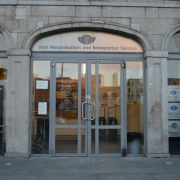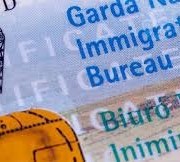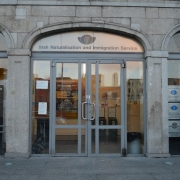ISD NOTICE CONFIRMS THAT TEMPORARY PROTECTION HOLDERS DO NOT NEED TO APPLY FOR A NEW TEMPORARY PROTECTION CERTIFICATE
The Department of Justice has recently published a travel confirmation notice for beneficiaries of Temporary Protection, benefiting from the Temporary Protection Directive.
The notice confirms that the Minister for Justice has extended immigration permissions for all beneficiaries of Temporary protection to 4th March 2024. From 16th February 2023, non-nationals with a Temporary Protection Certificate living in Ireland will not need to apply for a new Temporary Protection Certificate.
Expired certificates can be used as proof of entitlement to Temporary Protection and any related state services, up until 4th March 2024.
If a Temporary Protection holder has an expired Temporary Protection Certificate, and they intend to travel and subsequently re-enter the State, if they are a national of Ukraine or a non-visa required national, no action is necessary.
If they are a national of a country that is a visa-required national for Ireland, the Department of Justice have advised to contact [email protected] to ensure that the Temporary Protection holder has the necessary documents to re-enter Ireland without a visa.
The full Travel Confirmation Notice can be accessed via the following link:
https://www.irishimmigration.ie/travel-confirmation-notice/
This blog article has been prepared on the basis of current immigration law and policy, which is subject to change. Please keep an eye on our blog and Facebook page where articles relating to updates and changes in immigration law and policy are regularly posted.







